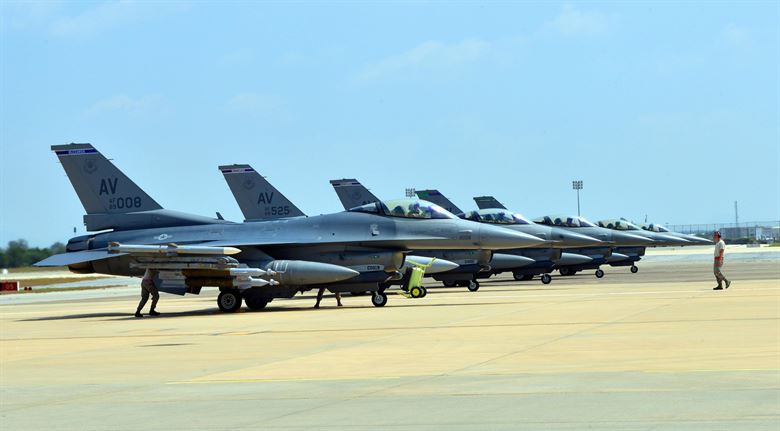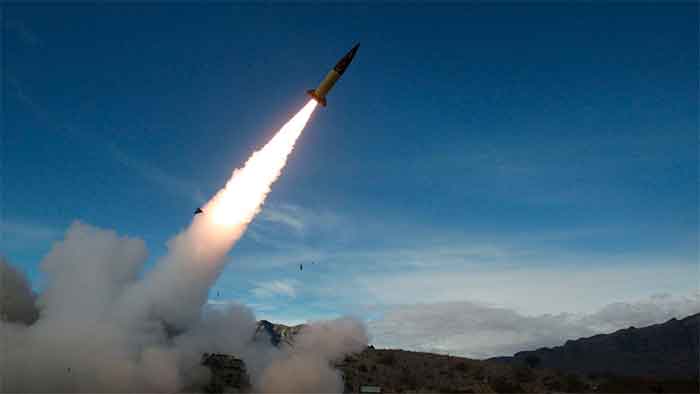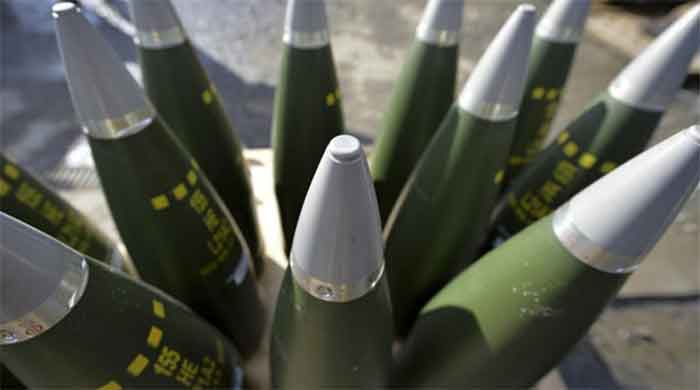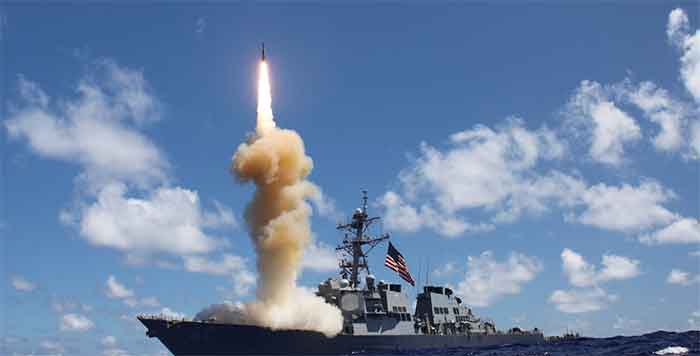U.S. “ironclad” support for militarism undercuts attempts to curb right-wing terrorism. From white supremacist violence in the West Bank to gendered violence in Olongapo, we can’t defeat at home what we export abroad.

In his first month as secretary of defense with the J6 Capitol riots fresh in memory, Lloyd Austin rolled out training requirements to combat right-wing extremism in the ranks of the U.S. military.
Extremism has indeed been a problem for quite some time, dating back to early American history when George Washington’s army committed violence against the Iroquois and recaptured enslaved Africans who had fled from plantations. In 1919, W.E.B. Du Bois found evidence of widespread racism in the ranks of the U.S. army. All-too-common slurs against Asian Americans originate from U.S. troops fighting the Korean War.
In occupied Guam, activist Naek Flores shared a harrowing incident with CODEPINK during our recent webinar, Beyond the Cold War: A Feminist Foreign Policy for the Asia-Pacific. An air force member reportedly vandalized two buildings, with the message: “Stop racism against white Americans. Our tax dollars pay for your entire government, your paychecks. Without us, you are nothing.” Flores linked the racist vandalism to similar incidents at the hand of Israeli troops in Gaza.
But Austin’s initiatives, while focused on a very real problem, have not addressed that link – the one between extremism and U.S. imperialism. Austin’s policies have in fact solidified this link, by invoking military alliances with settler colonialist states and former colonies of the U.S. as a pretext for “defending” national security. From supporting Israel’s aggression to provoking China, Austin’s “ironclad” commitment to militarism threatens human security, and leaves no room for peace and protecting communities most vulnerable to extremism.
Despite more attention needed on rooting out right-wing extremism from Chicago to Salt Lake City, Austin’s priorities have been focused on targeting the countries of origin of those victimized at home. Since October, he’s repeatedly expressed support for Israel’s genocidal bombardment of Palestine, despite 153 countries – the majority of the world – supporting a ceasefire at the United Nations.
On December 18, he tweeted on his way to Tel Aviv that he was traveling to reiterate the U.S.’ “ironclad commitment to Israel” and discuss ways to topple Gaza’s government. It comes as the U.S. is sending warships to Yemen (where a U.S.-backed siege has killed at least hundreds of thousands) to reopen the Red Sea for Israeli commerce.
Even as Austin has raised concerns about Israel’s conduct, he’s stubbornly backing it, despite the Palestinian people and the entire world demanding peace, all while bringing more, not less conflict, to war-torn Yemen. The rules-based order is definitely not a diplomacy-based order or a humanity-based order. And it reveals why the South China Sea and Korean peninsula are also on the brink of war.
Austin has used his favorite word – “ironclad” – to embrace Japan’s remilitarization. While the U.S. fought Japan just 80 years ago, most of Japan’s wartime atrocities mostly targeted the Asia-Pacific region from Beijing to Bataan. In fact, Japanese expansionism during the 20th century was enabled by Western politicians who supported Japan’s colonization of Korea in the Taft-Katsura Agreement, as well as the Chinese coastal city of Qingdao after Germany’s defeat in World War I. In October, days before Israel escalated its 75-year-long occupation, Austin said Article V of the Japan-U.S. Security Treaty affirms an “ironclad” commitment to defend Japan’s claim to the Senkaku or Diaoyu Islands – territory disputed by China.
Aside from the danger of affirming a military alliance instead of seeking ways to de-escalate between a former colonizer and the country it once colonized, Austin’s ironclad commitment also potentially makes the Japanese people casualties of a would-be war with China.
Signed in 1960, eight years after the U.S. ended its occupation of Japan, the treaty was protested by 6.4 million workers. In Okinawa, occupied by the U.S. until 1972, residents have continued to oppose the treaty’s authorization of American military bases. As New Diplomacy Initiative director Sayo Saurta highlighted in an interview with CODEPINK back in August, Okinawans are still standing up to environmental and human rights abuses perpetrated by U.S. forces.
Austin’s ironclad commitment to our military alliance with South Korea also exposes how little he’s worried about resuming the Korean War. As President Biden met with President Xi in San Francisco, Austin’s visit to Seoul was an alarming reminder that U.S. nuclear threats in Asia did not end with President Trump. Austin said the U.S. commitment includes “the full range of nuclear, conventional, and missile defense capabilities.” Instead of breaking with our ugly history of nuclear blackmail, Austin’s policies are effectively doubling down and blocking chances for peaceful mediation.
North Korea, of course, has a military alliance with China. As Joseph Gerson wrote in a letter to the Boston Globe in September, “Common security negotiations today between the United States and China, focused on Taiwan, the Korean Peninsula, and South China Sea, can resolve the security dilemma and prevent ‘avoidable’ and catastrophic war.”
If Austin really cares about security, as well as stopping extremism, it’s time he expresses ironclad commitment to negotiations, which would decrease abuses of power by military personnel and promote mutual understanding between our supposed adversaries. We can also finally begin our path to decolonization.
From decades of deforestation to the 2014 transphobic murder of Jennifer Laude, our military footprint has increased violence and exploitation. Just like with Japan and South Korea, the Philippines is also in danger of becoming a battleground in a world war. In April, Austin announced four new U.S. military bases in the northern region of Luzon. Some analysts fear President Bongbong Marcos is poised to join a U.S. contingency in nearby Taiwan if war breaks out.
Austin said the U.S.’ support for the Mutual Defense Treaty with the Philippines also remains ironclad, echoing numerous statements of the kind made since the summer as maritime tensions between Beijing and Manila have flared up. Based on a then-secret agreement, hosting U.S. military bases was a condition for the Philippines’ independence, granted in 1946. This was despite the widespread racist abuse by U.S. forces. In 1951, the Mutual Defense Treaty was signed. It has allowed for the continuation of American abuses perpetrated against Filipinos going back to the Spanish-American War.
From West to East Asia, Austin’s commitment to military alliances is getting in the way of his stated goal of stamping out right-wing extremism. We can’t defeat at home what we are exporting abroad, from white supremacist settler aggression in the West Bank to gendered violence in Olongapo. His ironclad commitments keep no one safe and only secure the legacies of colonization and nuclear terrorism. To truly build peace and root out extremism in the ranks, Austin must embrace common-sense diplomacy and human-centered security.
Cale Holmes is CODEPINK’s China Is Not Our Enemy Campaign Coordinator. Cale is an international relations analyst, writer, and environmentalist who has lived in Beijing. He serves as CODEPINK’s China Is Not Our Enemy Campaign Coordinator.















































